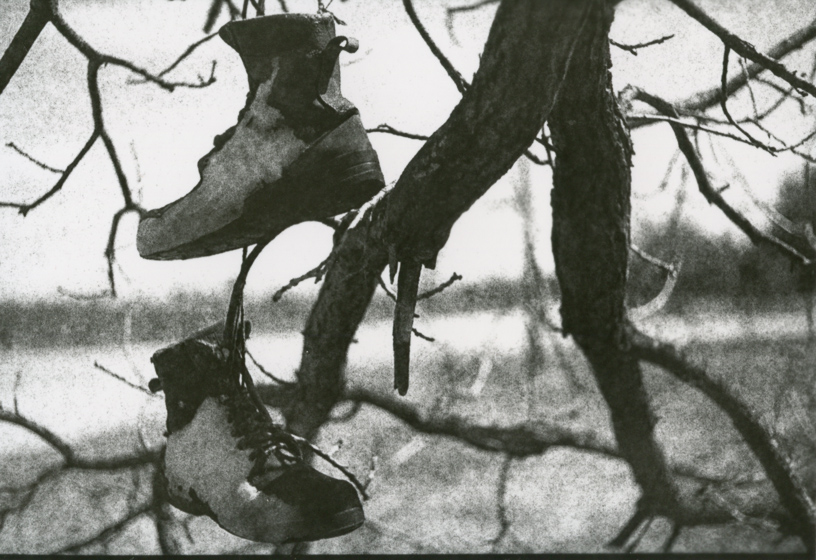MikeL
Go Fish
I don't do this for a living, clearly. But I like learning and developing skills for a hobby. I've chosen to learn with film (35mm to 8x10) from exposure to printing in the dark room.
If a roof and food depended on it, I'd focus just on the best deliverable for clients. But it would kill a lot of the fun (failure-improvement-learning) for me. Technology would give me better prints at the expense of a key part of why I have fun taking photographs.
If a roof and food depended on it, I'd focus just on the best deliverable for clients. But it would kill a lot of the fun (failure-improvement-learning) for me. Technology would give me better prints at the expense of a key part of why I have fun taking photographs.



